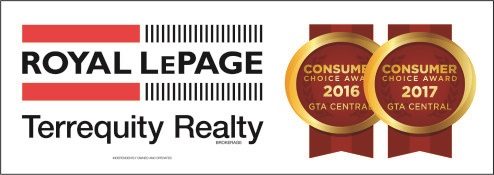Starting April 30, 2018, Landlords of most private residential rental units – from individuals to property management companies – MUST use the standard lease template, for all new leases.
Easy-to-understand leases
Starting April 30, 2018, landlords of most private residential rental units – from individuals to property management companies – must use the standard lease template, for all new leases.
The standard lease template does not apply in some situations, for example, if you are renting a unit in a care home (such as a retirement home), mobile home community or certain social and supportive housing.
It is written in easy-to-understand language and includes information such as:
- the rent amount and when it’s due
- what’s included in the rent (for example, air conditioning or parking)
- rules or terms about the rental unit or building (for example, no smoking)
It also has a section on renter and landlord rights and responsibilities, and explains what can (and cannot) be included in a lease. For example:
- who’s responsible for maintenance and repairs
- when your landlord can enter your unit
- that landlords can’t ban guests or pets
If you are entitled to a standard lease but didn’t get one, ask your landlord in writing for a copy. Once you request it, they must give it to you within 21 calendar days. If they don’t, you can withhold one month’s rent.
If you still haven’t received a standard lease 30 calendar days after you withheld one month’s rent, you can keep the withheld rent.
Please note, you cannot withhold more than one month’s rent and you must continue paying your rent for the term of your lease, even if your landlord never gives you the standard lease. However, if a standard lease is not provided, special rules allow you to end your fixed-term lease early.
You can obtain a template of this new mandatory lease by visiting:
There are also some new rules that have been introduced. I have outlined just a few below:
 Rent Increase Limits
Rent Increase Limits
Your Landlord can raise your rent once a year, by up to 1.8% in 2018, and must give you 90 days written notice. Your Landlord can ask for a larger rent increase, but only in specific situations and with the approval of the Landlord and Tenant Board.
If you live in a care home (such as a retirement home, the limit applies to the rent portion of your bill, but does NOT apply to the cost of services like nursing, food or cleaning.
Some rentals are exempt from rent controls, such as social housing and some non-profit housing.
Eviction Rules: 
Your Landlord can only evict you in specific situations and must give you written notice in the proper form provided by the Landlord and Tenant Board. The form MUST provide the reason for eviction.
If your Landlord wants to use the unit themselves (or for their family) they MUST give you the equivalent of one month’s rent or offer you another unit.
Even if your Landlord gives you written notice, you don’t have to move out. Your Landlord must get an order to end the tenancy from the Landlord and Tenant Board – this usually includes a hearing where you can present your concerns.
 “Pets” – Allowed or Not Allowed
“Pets” – Allowed or Not Allowed
The law states that a Landlord cannot refuse to rent to a person if they have a pet. However, if you are a Landlord and you’d prefer not to have a pet in your property, you may let your tenant know this and, if they agree then that’s great for you.
For more information: visit http://www.sjto.gov.on.ca/ltb/
Or call me on my cell phone: 647-449-6642

